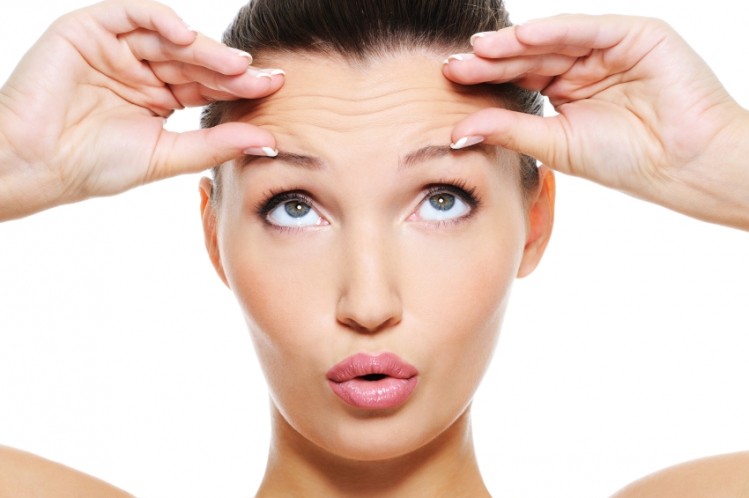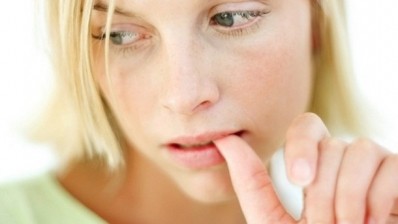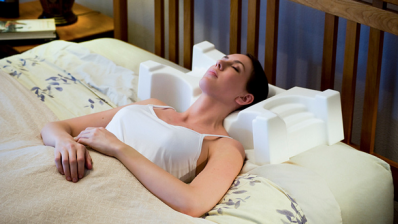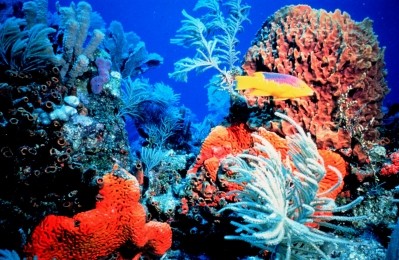Estée Lauder-backed study links skin aging with lack of sleep

The study showed that poor sleepers had increased signs of skin aging and slower recovery from a variety of environmental stress factors, including disruption of the skin barrier and ultraviolet radiation.
Likewise, when asked to assess how they perceived their skin and complexion, poor sleepers also had a considerably worse opinion of their skin and facial appearance than those who did not have sleep issues.
The research was presented at the recent International Investigative Dermatology Meeting in Edinburgh, Scotland by lead scientist for the study Elma Baron, who referenced extracts from the full report entitled Effects of Sleep Quality on Skin Aging and Function.
“Our study is the first to conclusively demonstrate that inadequate sleep is correlated with reduced skin health and accelerates skin aging. Sleep deprived women show signs of premature skin aging and a decrease in their skin’s ability to recover after sun exposure,” said Dr. Baron, director of the Skin Study Center at UH Case Medical Center.
“Insufficient sleep has become a worldwide epidemic. While chronic sleep deprivation has been linked to medical problems such as obesity, diabetes, cancer and immune deficiency, its effects on skin function have previously been unknown.”
Research aim was to determine impact of sleep on the complexion
Although much is known about photo aging caused by environmental factors such as UV rays, less is known about how the skin barrier is impacted by sleep quality, which is what the researchers set out to determine.
The researchers picked a group volunteers comprising of 60 pre-menopausal women aged between 30 and 49, half of whom had sleep problems that impacted how many hours sleep they had each night.
The group was assessed for visual skin evaluation using several non-invasive skin tests that included assessment of UV light exposure and skin barrier disruption, while throughout the study period volunteers were asked to record their sleep duration.
Results underlined difference between those with poor quality sleep
The study results showed a significant difference in skin quality between volunteers reporting good quality sleep and those who reported poor, with a SCINEXA skin aging assessment showing increased signs of intrinsic aging in individuals with poor sleep patterns - specifically a slackening of the skin and less elasticity.
The SCINEXA scoring system gives a lower score to better skin and the results showed that volunteers with good sleep patterns had an average score of 2.2, compared to those with poor sleep patterns who scored an average of 4.4, although there were no differences in scores for intrinsic aging, which primarily accounts for damage due to sun exposure.
Likewise, the research also found that those individuals with good sleep patterns recovered quicker from environmental stress factors to the skin such as sun burn, with the study also showing the moisture retention was around 30 percent more efficient in individuals with good sleep as compared to poor sleepers.
First proof that poor sleep affects skin aging
“This research shows for the first time, that poor sleep quality can accelerate signs of skin aging and weaken the skin’s ability to repair itself at night,” said Dr. Daniel Yarosh, senior vice president, Basic Science Research, R&D, at Estée Lauder.
“These connections between sleep and skin aging, now supported with solid scientific data, will have a profound effect on how we study skin and its functions. We see these findings as yet another way we can direct our scientific research toward the real needs of our customers who want to look and feel their best.”









